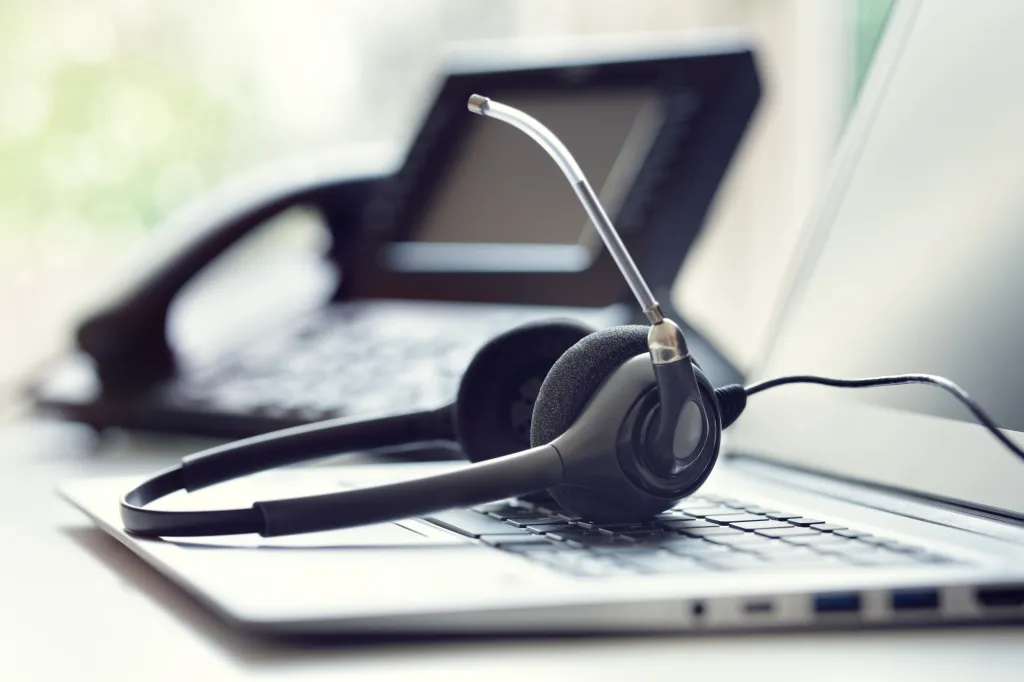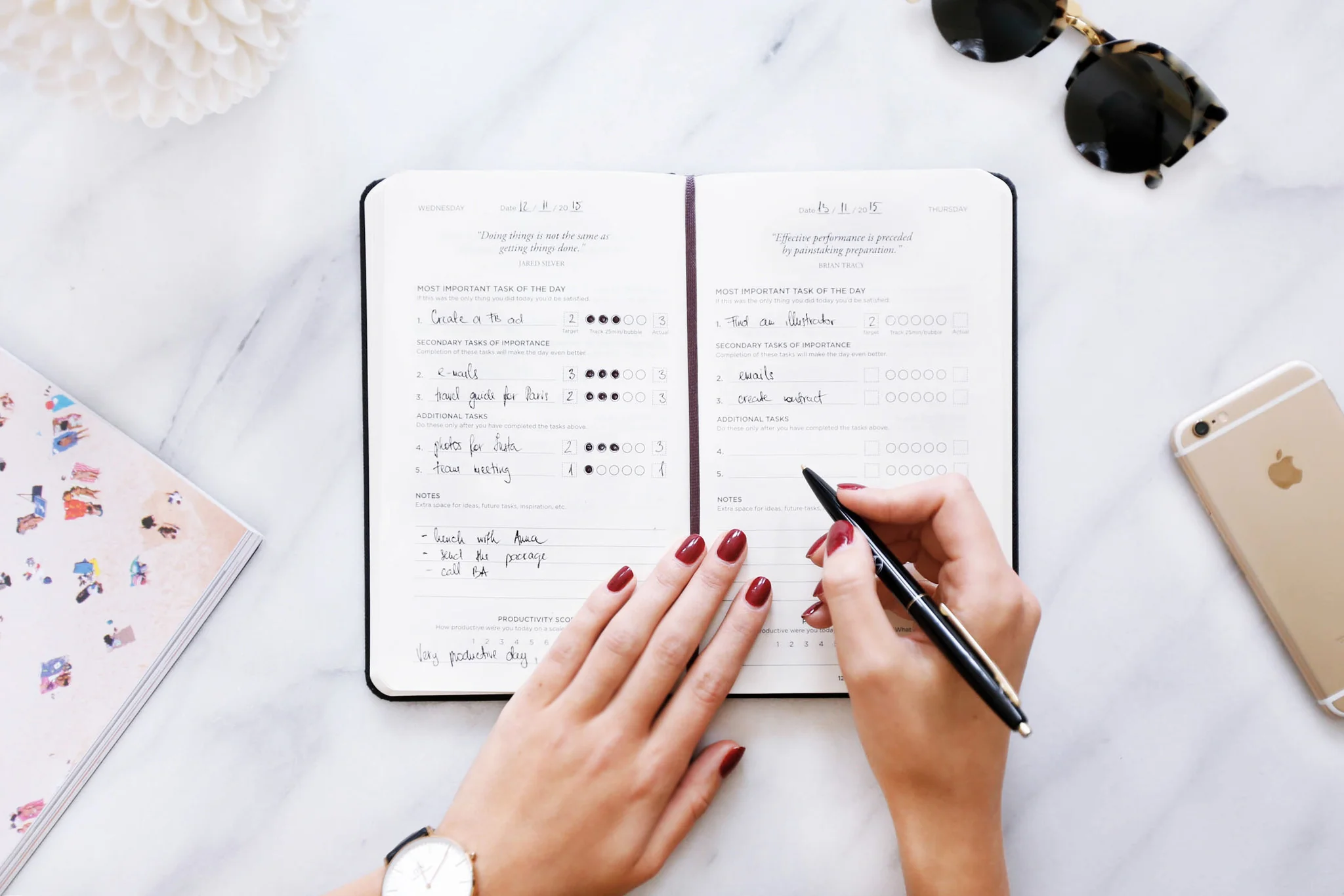- July 25, 2024
The Power of Self-Reflection & How It Can Change Your Life
- October 05, 2022
- in Entrepreneurs

If you’d like to learn how to cast your vision so you can live the life you’ve been dreaming of, sign up for the free 90-Day Master Class hosted by the founder of Addicted2Success.com, Joel Brown.
We as people often neglect the power of self-reflection, yet, in the hardest times we need it more than ever. Like millions of people across the globe, I lost my job as a result of the catastrophic impact of COVID-19. But as I sit here today amongst a world of uncertainty, I find myself at peace. My mind is as clear as can be. Not because I hated my job or had lots of money saved up, because I can assure you that’s not the case. I’m at peace with my situation and know what I want going forward simply because of self-reflection.
It’s safe to say everyone understands self-reflection as a concept. But do they understand its importance? Do they even know how to self-reflect? I suspect that most people don’t have clear answers to those last two questions. My goal is to help you get started on answering those questions. “Answers” will vary amongst each of us, so this piece isn’t about providing all the possible solutions. I decided instead to share my personal experience in hopes that it might convince you to at least attempt giving it your full attention.
Why Do I Need to Self-Reflect?
We simply have too many thoughts, feelings, and emotions each day to be able to sort them out in our heads. Self-Reflection is your outlet for organization. It allows you to understand, dig deeper, and ultimately make positive, value-adding changes in how you live your life.
Before I get too deep into why you should self-reflect, I want to clarify how I’m defining self-reflection. Anyone can be aware and mindful of their thoughts, emotions, and feelings, this alone is not self-reflection. Self-reflection is a wide-ranging process in which you’re not only aware of your thoughts, emotions, and feelings, but you’re able to take corrective action to eliminate negative influences, be honest with yourself, and regain control of what you’ve let slip from your grasp.
As people, we’re subjected to a lot we cannot control. Our current situation displays that prominently. Through self-reflection, you’re able to properly and sort out what is and isn’t in your control. That’s perhaps the most beneficial aspect of self-reflection and one that is so often forgotten. Self-reflection allows us to come to peace with what we can’t control and be honest with ourselves about what we can. Proper self-reflection leads to self-correction.
I’ve used self-reflection in my life to manage my stress and anxiety, as I constantly was concerned about things I couldn’t control. Through reflection, I am able to come to terms with not having complete control, lifting a massive weight off my shoulders. Reflection also allowed me to see that I wasn’t as helpless as I felt.
For example, I’ve dealt with depression much of my adult life and one of the biggest causes of my depression was my anger at myself for feeling or thinking a certain way. If I got nervous to speak in front of people, I would then get upset at myself for feeling this way. The more I reflected on this subject, the more I was able to realize that it’s okay to feel nervous.
Though I may not be able to control this feeling coming about, I can control how I handle it. In other words, self-reflection allows you to regain control in your life where you need it and let go where you’re helplessly trying to hold on.
“Self-reflection entails asking yourself questions about your values, assessing your strengths and failures, thinking about your perceptions and interactions with others, and imagining where you want to take your life in the future.” – Robert L. Rosen
How Do I Self-Reflect?
I want to help you get started on your journey, but as I said before, there are many ways to approach it. Instead of coming up with an exhaustive list and still probably missing a few methods, I thought it best to tell you what worked for me. Ultimately, it’s up to you on “how” you self-reflect, hopefully sharing my experience helps you figure that out.
Writing is the method I prefer to use. I find that writing is versatile, especially when it comes to reflecting. The structure and purpose can be adjusted based on your goal. It’s also a great way to clear your head. Writing allows me to make sense of my thoughts and emotions more than anything else. But what do I mean by “writing?”
Below I’ve outlined my approaches to self-reflection writing:
Brain Dump – When I’m lost or can’t quite figure out where my head is, I just start typing what I’m feeling or thinking. I might struggle to find a rhythm early on, but I almost always find direction along the way.
Journaling – Another technique is to write about your day. Focus primarily on the highs and lows. Why was that moment a high or a low? What were you feeling? What were you doing? What was the situation? And so on. This is how I started my self-reflection journey and it led to many realizations about self-destructive behavior I was engaging in.
Get Specific – I talked earlier about the stress and anxiety I deal with. Once I identified these as problem areas, I started writing about them constantly. When was I feeling stressed or anxious? How did I react to these feelings? What can I do differently? And so on. This is how I started to find success. Once I knew the areas where I was causing damage to myself, I began analyzing them to their core. This is so important because you can’t begin to fix something if you don’t know its full reach.
Ask Big Questions – We all have had the big questions in life enter our head, but rarely do we take them beyond just that. I recently found myself in a position filled with confusion, when I suddenly became unemployed. I had no idea what I wanted to do next, but I realized I’d never truly tried answering that question. So, I started using my writing to try and answer those big questions such as “What am I meant to do?” and “What do I want out of life?”
“Without reflection, we go blindly on our way, creating more unintended consequences, and failing to achieve anything useful.” – Margaret J. Wheatley
By devoting real time and effort to these massive questions, I was able to gain more of a sense of what’s meant for me and what I want. I am now working on taking the steps to get me to that point. Not everything can be answered or has a simple answer, but it’s still imperative to try. You’d be surprised at what results in doing so.
The biggest thing to be aware of, is that self-reflection requires true time and effort. Permanently changing your mindset and approach to life is not something that happens overnight. It requires dedication and a willingness, to be honest with yourself. If you’re dedicated to the process, honesty will naturally grow as well, but you must have an open mind when you start this journey.





